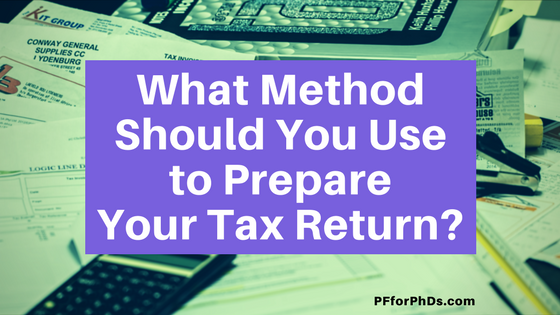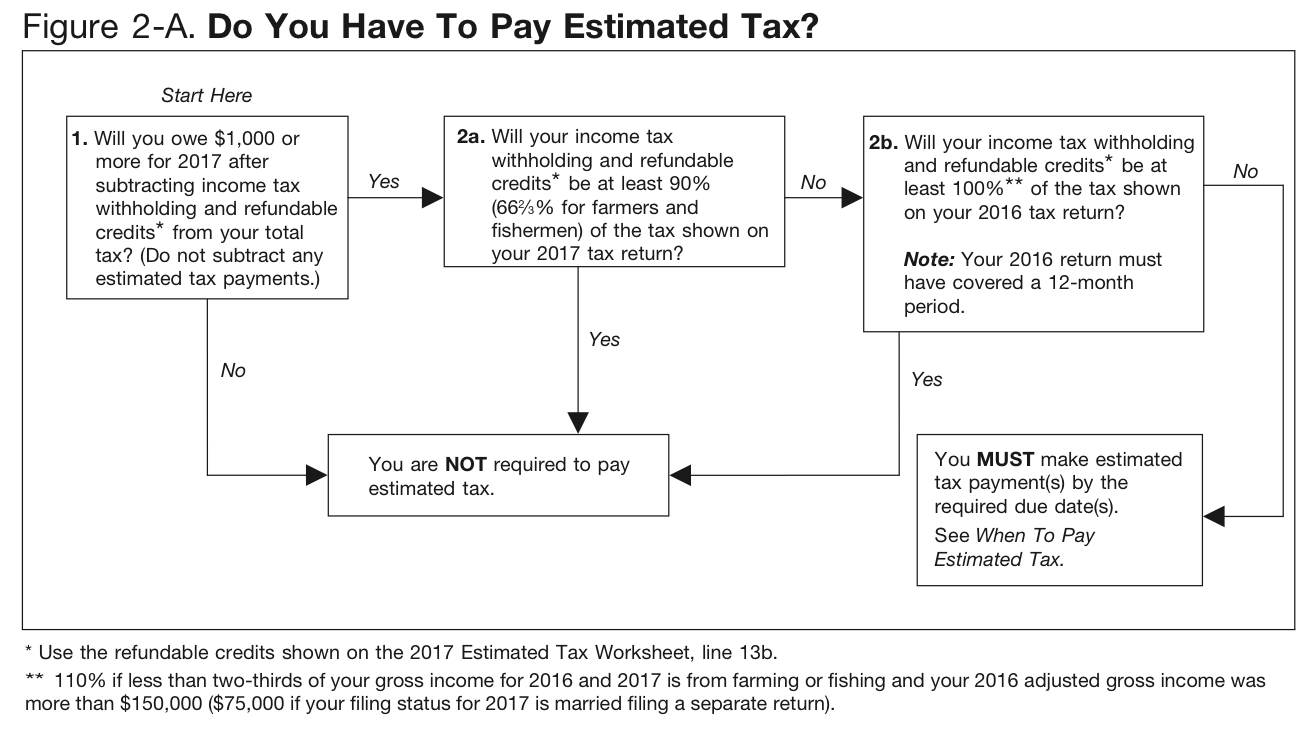Here’s the thing about debt: When you have a low income, you think that you have to use debt to purchase the things that you/need want. Buy now and spread your payments out over time! But here’s the thing about having a low income: you can’t afford to tie up your limited income with debt payments. If you are about to enter graduate school, which for most people is an unambiguous period of low income, you should do everything in your power to avoid taking on debt and eliminate the problematic debt you already have.
The Trouble with Debt Payments during Graduate School
The stipend you receive in graduate school isn’t intended to be remunerative. I like to say that the universities expect us to research for free, so they pay us just enough to keep us from taking outside jobs. (That is, for the graduate students who even receive a living wage – many don’t.)
If you’re lucky, your stipend is commensurate with or slightly above the living wage for your county. That is, you hopefully will be able to pay rent, eat (in), and get around town, and perhaps you can afford another modest expenditure like visiting your family, saving a little, entertainment, or some shopping. Have you ever heard the old joke about college: “Sleep, study, socialize: Pick two.”? Well, apply that to your finances in graduate school. “Basic living expenses, a splurge here and there, and saving/debt repayment: Pick 1-2.”
I’m being slightly hyperbolic; there is obviously a range of financial situations in graduate school, but you will almost certainly be in one of these (assuming you aren’t being supported by someone else):
- Your stipend isn’t enough to cover basic living expenses, let alone debt payments – you’re going further into debt or spending some time working an outside job.
- Your stipend can give you an okay lifestyle as long as you don’t have debt payments.
- You could afford debt payments on your stipend if pressed, but there are a lot of other things you’d rather do with it (e.g., lifestyle upgrades, saving).
Knock Out Your Debt Before You Matriculate
If you are planning to start graduate school next year or soon, take the next few months to eliminate your debt or at least reduce it as much as you can.
If you can’t eliminate all of your debt in that time frame, you have to triage! Sort your various debts by priority level and work on them from highest priority to lowest priority. (This method is a hybrid of the snowball and avalanche methods of debt repayment.) The objective is to minimize the debt payments you need to make during graduate school, which means eliminating certain kinds of debts entirely if possible.
With this method, you will pay the minimum balance on all of your debts and throw as much money as you can scratch up toward the top priority debt. Once you have eliminated that debt completely, you move to the next top priority debt and throw everything you can at it. Concentrating your efforts like this gives you the best chance of paying off a single debt completely, therefore eliminating its minimum monthly payment and lowering the total amount of money you are required to pay monthly toward your debt once you start graduate school.
Low-Balance Debt: Higher Priority
The easiest debts to eliminate completely are those with low balances. If you have any debt balances under $1,000 or a few thousand dollars, those should become a high priority because they are possible to eliminate completely in just a few months.
High-Interest Rate Debt: Higher Priority
Also a high priority is high-interest rate debt because that is the debt that is growing the fastest and costing you the most money overall. For example, if you have two debts both with balances of approximately $1,000, you should prioritize the one at the higher interest rate.
Deferrable Student Loans: Lower Priority
Check with your lender to be sure, but student loans should have the option to be deferred while you are in graduate school. Since there would be no minimum payment due on these loans once you matriculate, they are a lower priority to pay off before you start graduate school.
However, that does not mean that you should ignore them completely prior to or during deferment. Unsubsidized student loans accrue interest even in deferment, and it is common for student loans to have a moderate to high interest rate.
If you eliminate your higher-priority debt and can start paying your student loans down before graduate school, definitely do so, starting with the highest interest rate loan.
Mortgage: Zero Priority
If you’re near the start of your home ownership journey, I’m betting there’s no chance you can pay off your mortgage in just a few months. (If that assumption is wrong, go for it!) Mortgage debt will therefore be in your life during graduate school, so prioritize paying off basically any other debt before you start making higher-than-the-minimum mortgage payments. However, if you do own a home, you need to check that you will still be able to afford the payment once you switch to living on your stipend. Selling your home, renting out your home, and renting out bedrooms in your home are all good options if you can’t afford it on your stipend.
Dump Collateralized Debt that You Can’t Afford
You may discover, as you look at your stipend offer letter and add up your minimum monthly debt payments (taking into consideration what you can eliminate before you start graduate school), that you either can’t afford all of your remaining payments or that maintaining all of them would financially paralyze you during graduate school (no fun, no saving).
Your best option in this case is to eliminate your collateralized debt, which is your debt that is against a specific asset that you own, such as your home or car. A very accessible scenario is if you bought a car and took out a car loan based on your previous higher salary, and now that car payment is far too high for your lower stipend. A simple fix is to sell your car, pay off your car loan, and buy a less expensive car (ideally without debt). You may “lose money” by doing this because you owned the car over a period of steep depreciation, but that consequence doesn’t change your inability to afford the payment on your stipend.
“But I Don’t Have a High Income Now to Pay Off My Debt!”
The advice in this article applies to practically anyone who is about to start graduate school and not currently in graduate school, even college students.
Certainly, if you have a higher-than-a-stipend salary right now, start cutting back your lifestyle to what it will be during graduate school and use the cash flow you generate to pay off your debt. You have to do it pretty soon anyway, so you might as well make your transition to graduate school less of a shock by acclimating yourself to the necessary frugality and eliminating as many minimum payments as you can.
However, even if you have a low-to-non-existent income right now, e.g., you are in college, you still have time on your side. Yes, you need to keep your grades up until graduation. Yes, you should enjoy your last few months with your college friends. But you still almost certainly have more free time now (and especially over the summer!) than you will once you start graduate school. That time can be used to generate a side income that you can immediately apply to debt repayment. Bonus points if you can establish a side income that you can continue during graduate school (time permitting), such as online freelance work or passive income.
Increase Your Income
Join the mailing list to receive our 7-part video series, "How to Increase Your Income as a Graduate Student," including side hustles and passive income.
Don’t Forget to Save
One caveat: Don’t become so focused on debt repayment that you forget to save up some cash. It’s very helpful to have a small amount of savings available to you during your transition to graduate school, particularly if you have to move. There are a lot of expenses involved with moving and establishing a new residence and possibly fees to be paid to your university, plus most graduate students have to wait rather a long time (over a month) before their first paycheck arrives. It does you no good to work so hard to eliminate your problematic debt only to turn to a credit card because you have no savings for the transition.
Further reading: Bring Savings to Grad School
How intense you need to be in your debt repayment relates to how much high-priority debt you have and your ability to repay debt during graduate school. The more debt you have that is possible to eliminate entirely and the lower your stipend relative to the local cost of living, the more essential this process is to complete prior to matriculation.








